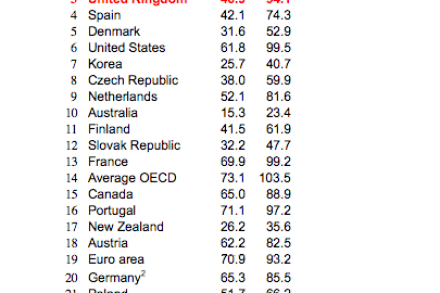Sion Simon’s Totalitarian Mazurka
I’m glad Pete mentioned Sion Simon’s expenses embarrassment, not least because it allows one to return to one of the funniest, strangest pieces of punditry one has seen in years. Sadly I was in Washington and missed it at the time, so thanks too to Guido for drawing it to my attention. The scene is the Labour conference in 2007 and our friends at the New Statesman give Mr Simon the chance to share his impressions of conference… Perhaps the magnitude of the moment we face is too great for us collectively to bear. Shortly there will be an election, in which Labour will increase its majority, and in so

















